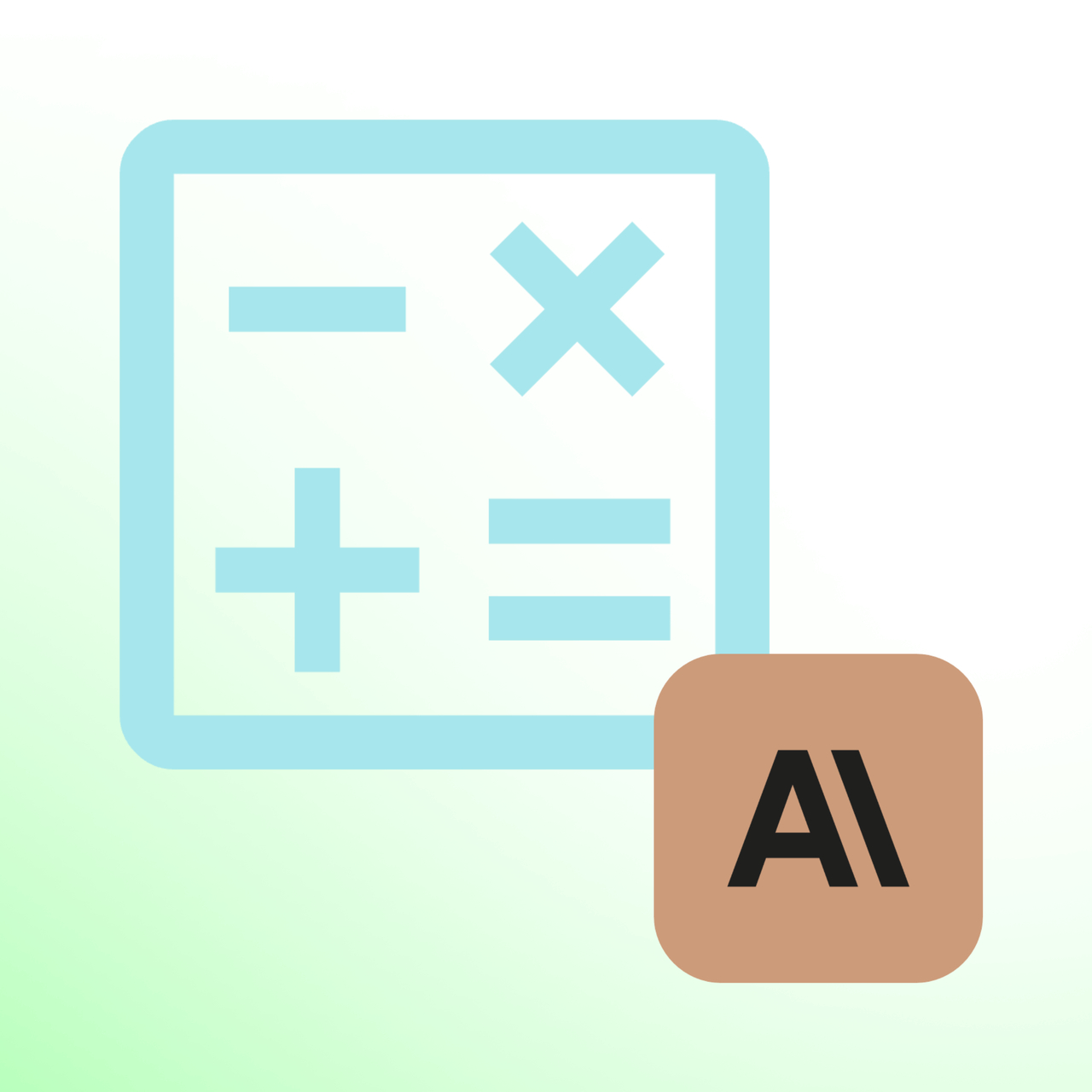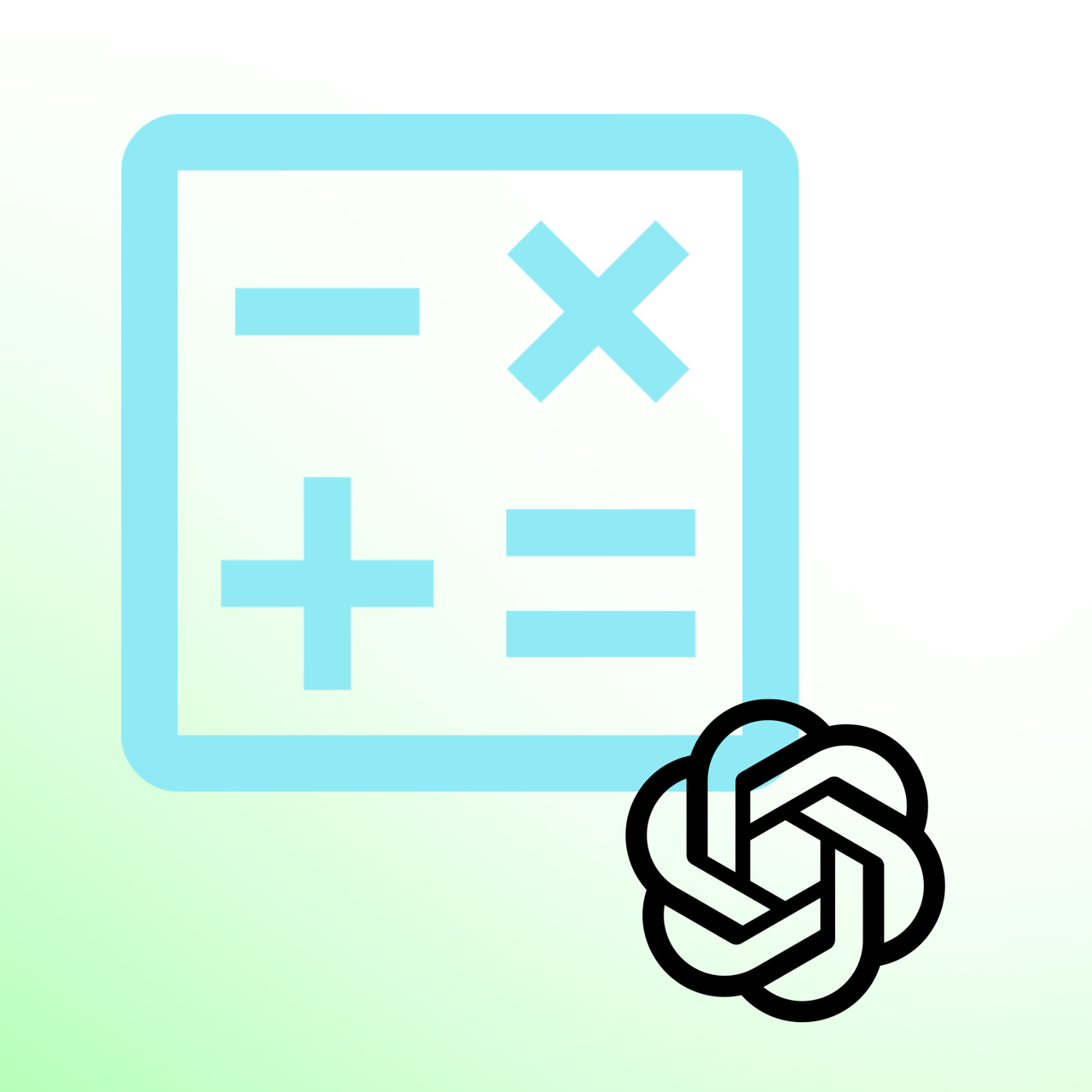.png)

OpenAI o4‑mini Pricing Calculator







o4‑mini Pricing Calculator & Guide - Estimate Your API Costs
If you searched “o4‑mini pricing calculator” you probably want three things right away:
- Exact, April 2025 token prices for OpenAI’s newest reasoning‑plus‑multimodal model.
- A fast way to plug in your own prompt sizes and see a dollar figure before you call the API.
- A reality check—how those numbers stack up against GPT‑4.1, GPT‑4o, ChatGPT o3, Claude, Gemini, DeepSeek, and the rest.
That’s exactly what LiveChatAI’s free o4‑mini Pricing Calculator does. Drop a prompt, pick tokens / words / characters, enter how many replies you expect, and you’ll get a full cost breakdown plus side‑by‑side model comparisons, all in under a second.
Quick Tour of the o4‑mini Cost Calculator
(30‑second walkthrough)
1. Pick your unit.

Tokens for precision, words for rough copy, or characters for UI strings.
2. Enter three numbers.

• Input size (your prompt)
• Output size (model reply)
• API calls (how many requests you’ll make)
3. Read the breakdown.
• Input vs. output cost
• Cost per call
• Grand total
• Automatic comparison with peer models
Scroll up, give it a spin, and watch the totals update live.
OpenAI o4‑mini at a Glance
Why is it special?
o4‑mini thinks with images in its chain of thought. Instead of handing vision off to a separate model, it zooms, crops, or runs Python on screenshots inside the same call, then writes the answer. That new trick shows up in benchmark jumps of +20 points over GPT‑4o on vision‑heavy tasks.
Official o4‑mini Token Pricing
Blended real‑world cost ¹ ≈ $0.95 / M
⭐ ¹ Formula: 25 % cached + 75 % fresh input + 20 % output—typical for chat agents.
Quick Pricing Notes
- What counts as “cached”? Any chunk of prompt that’s byte‑for‑byte identical to something you sent earlier, e.g., your standard system persona, output JSON schema, or retrieval instructions. OpenAI only bills 25 ¢ per M for that.
Example: Training a Shopping Chatbot with o4-mini
Let’s say you're using LiveChatAI to build a shopping assistant chatbot. You want it to understand and describe 250,000 product images; for example, tagging the brand, color, or object in each photo.
Each image comes with product info (like ALT text and descriptions), which adds up to 20,000 tokens per image. You also want a short response from the AI; about 200 tokens per image.
Here’s what it costs with o4-mini:
🧾 Input (product info): $3,000
💬 Output (AI tags): $120
✅ Total: $3,120
For the same job:
- GPT‑4.1 → ~$10,800
- GPT‑4o → ~$13,000
- Claude 3 Opus → $18,000+
- ChatGPT o3 → ~$4,200
o4-mini is the best value if you need a smart chatbot that understands both images and text, without spending a fortune.
o4‑mini vs. Other Popular LLMs
(Prices per 1 M tokens)
When to reach for o4‑mini
- You need image + text together: o4‑mini can read screenshots, packaging photos, slide decks—anything that mixes visual and written information.
- You want reasonable depth on a budget: At $0.60 per 1 M input tokens, it’s far smarter than GPT‑4.1 nano but much cheaper than the full GPT-4 family, so you can explore ideas without breaking the bank.
- You need built‑in tool calls with vision: Web search, Python analysis, and image editing are all native in o4‑mini—you don’t have to patch them together yourself.
- You’re building mid‑size agents or multi‑step pipelines: It handles complex plans more affordably than GPT‑4.1 while still giving you strong chain‑of‑thought reasoning.
- You crave fast iteration: The low input cost means you can run more experiments and tune prompts quickly, staying in that creative loop without worrying about runaway bills.
When to Consider Another Model Instead
- If you need to ingest truly massive context (1 M tokens) → Pick GPT‑4.1. It’s currently the only API model that can hold a full million‑token document in memory.
- If latency is your top priority (< 4 s response) → Pick GPT‑4.1 nano. With 2–3 s time‑to‑first‑byte and ultra‑low rates, it’s ideal for real‑time or high‑volume workloads.
- If you must process audio or video → Pick GPT‑4o. It’s the only OpenAI model that natively accepts and generates voice or video streams.
If you need bullet‑proof accuracy on math or logical proofs → Pick o1. It still leads the pack on chain‑of‑thought transparency and GPQA benchmarks. - If you’re doing ultra‑cheap bulk labeling or classification → Pick GPT‑4.1 nano. At $0.10 per M input and $0.40 per M output, it’s the bargain‑basement champ for massive batch jobs.
Benefits of Using the o4‑mini Pricing Calculator
The o4‑mini Pricing Calculator helps you make fast, informed decisions—without needing to guess or do manual math. Here’s exactly how it helps:
- Instant cost visibility: See the exact cost of your prompts before sending them to the API. No spreadsheets, no approximations—just accurate, per-call pricing based on your real usage.
- Side-by-side model comparisons: Check how o4‑mini stacks up against GPT‑4.1, GPT‑4o, Claude 3, and others. You'll see input/output costs and total spend for each, helping you choose the best option for your budget.
- Token, word, or character-based input: Whether you’re working with tokenized data, draft copy, or UI strings—you can calculate costs your way by switching units instantly.
- Full breakdown: input, output, per-call, total: Get a clear, line-by-line breakdown of:
- How much your input costs
- How much the model’s response will cost
- The cost per API call
- The total cost across all calls
- Faster pricing decisions for any role: Whether you're a developer, marketer, analyst, or founder—you can use the calculator to price out feature ideas, POCs, or product flows in seconds.
- Supports all use cases: From one-off calls to batch processing (like image tagging, support chat, or long document Q&A), it adapts to any scenario with flexible inputs.
Who Benefits Most from Our o4-mini Pricing Calculator?
- E‑commerce teams auto‑tagging millions of product images.
- Support chat builders who need screenshots + text + quick reasoning.
- Marketing ops running image‑heavy A/B creative tests at scale.
- Data scientists ingesting PDF scans & diagrams into retrieval pipelines.
- Start‑ups proving product‑market fit before splurging on top‑tier models.
Five Proven Tricks to Keep Your o4‑mini Bill Tiny
- Cache everything: Store your system prompt, schema, and retrieval chain in the cache—75 % off instantly.
- Chunk smartly:Three 40 k calls often run cheaper (and faster) than one 128 k monster.
- Tier your pipeline: Let GPT‑4.1 nano pre‑filter easy negatives; send only edge cases to o4‑mini.
- Stream & cut: Interrupt once the answer ends—don’t pay for the model’s polite sign‑off.
- Batch big jobs overnight: Use OpenAI’s Batch endpoint for 50 % off plus zero daytime rate‑limit pain.
More Useful (and Free!) Tools at LiveChatAI
Explore our suite of free tools to optimize your AI projects:
- DeepSeek-V3 Pricing Calculator
- DeepSeek-R1 Pricing Calculator
- GPT o3-mini Pricing Calculator
- Free LLMs.txt Generator: Convert Websites to Text for LLMs
- Open AI GPT-4o Pricing Calculator
Also, you can compare LLM models with the LLM Leaderboard - Comparison of Models in One Place.
The Bottom Line
o4‑mini combines intelligence, budget and speed:
- Brains: Scores within shouting distance of GPT‑4.1 on academic + multimodal benchmarks; beats every sub‑$1 input model on vision tasks.
- Budget: 60 ¢ input / $2.40 output crushes the 4.x flagships; blended real‑world cost often sneaks under one dollar a million.
- Speed: Sub‑10 s first‑token latency keeps chat UIs buttery smooth; high‑throughput pipelines still fly.
Fire up the o4‑mini Pricing Calculator, paste your chunkiest prompt, and know the cost before you write a single line of integration code.
All prices and benchmarks sourced from OpenAI’s official o4-mini launch documentation.















































